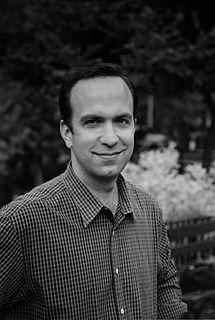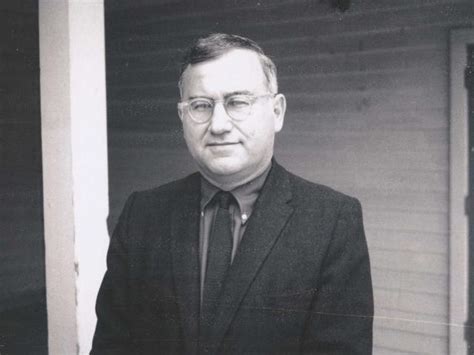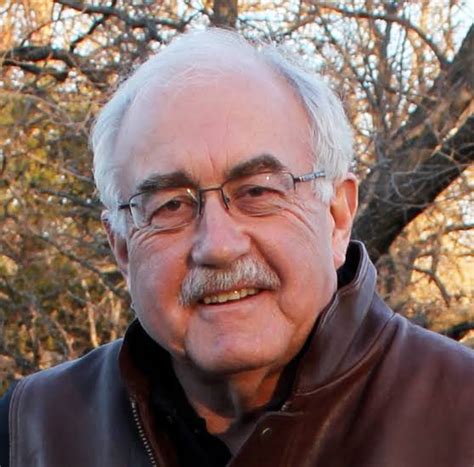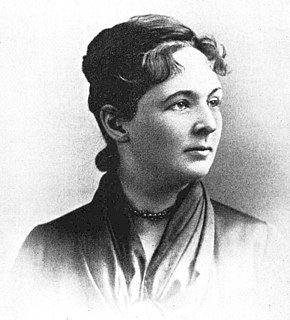A Quote by Ben Sherwood
That is the inescapable math of tragedy and the multiplication of grief. Too many good people die a little when they lose someone they love. One death begets two or twenty or one hundred. It's the same all over the world.
Related Quotes
Either over neither, both over either/or, live-and-let-live over stand-or die, high spirits over low, energy over apathy, wit over dullness, jokes over homilies, good humor over jokes, good nature over bad, feeling over sentiment, truth over poetry, consciousness over explanations, tragedy over pathos, comedy over tragedy, entertainment over art, private over public, generosity over meanness, charity over murder, love over charity, irreplaceable over interchangeable, divergence over concurrence, principle over interest, people over principle.
Grief causes you to leave yourself. You step outside your narrow little pelt. And you can’t feel grief unless you’ve had love before it - grief is the final outcome of love, because it’s love lost. […] It’s the cycle of love completed: to love, to lose, to feel grief, to leave, and then to love again. Grief is the awareness that you will have to be alone, and there is nothing beyond that because being alone is the ultimate final destiny of each individual living creature. That’s what death is, the great loneliness.
For a man can lose neither the past nor the future; for how can one take from him that which is not his? So remember these two points: first, that each thing is of like form from everlasting and comes round again in its cycle, and that it signifies not whether a man shall look upon the same things for a hundred years or two hundred, or for an infinity of time; second, that the longest lived and the shortest lived man, when they come to die, lose one and the same thing.
I have told the story I was asked to tell. I have closed it, as so many stories close, with a joining of two people. What is one man's and one woman's love and desire, against the history of two worlds, the great revolutions of our lifetimes, the hope, the unending cruelty of our species? A little thing. But a key is a little thing, next to the door it opens. If you lose the key, the door may never be unlocked. It is in our bodies that we lose or begin our freedom, in our bodies that we accept or end our slavery. So I wrote this book for my friend, with whom I have lived and will die free.
"You know, I've wondered if it's more painful to lose someone you love to death or to lose someone you love because she no longer loves you back." "I don't know," I said. "On the surface, it seems an easy question. It should be so much easier to lose someone who doesn't love you, because why would you want to be with someone who doesn't want you? But rejection's not an east road. A part of you always wonders what makes you so unlovable."
I have killed, robbed, and injured too many white men to believe in a good peace. They are medicine, and I would eventually die a lingering death. I had rather die on the field of battle. Look at me, see if I am poor, or my people either. The whites may get me at last, as you say, but I will have good times till then. You are fools to make yourselves slaves to a piece of fat bacon, some hard-tack, and a little sugar and coffee.
You’ll get over it…” It’s the clichés that cause the trouble. To lose someone you love is to alter your life for ever. You don’t get over it because ‘it” is the person you loved. The pain stops, there are new people, but the gap never closes. How could it? The particularness of someone who mattered enough to grieve over is not made anodyne by death. This hole in my heart is in the shape of you and no-one else can fit it. Why would I want them to?
I know it's not strictly sex that accounts for my straying the motive usually attributed to men. I think it's just too tempting to have two lives rather than one. Some people think that too much travel begets infidelity: Separation and opportunity test the bonds of love. I think it's more likely that people who hate to make choices to settle on one thing or another are attracted to travel. Travel doesn't beget a double life. The appeal of the double life begets travel.



































